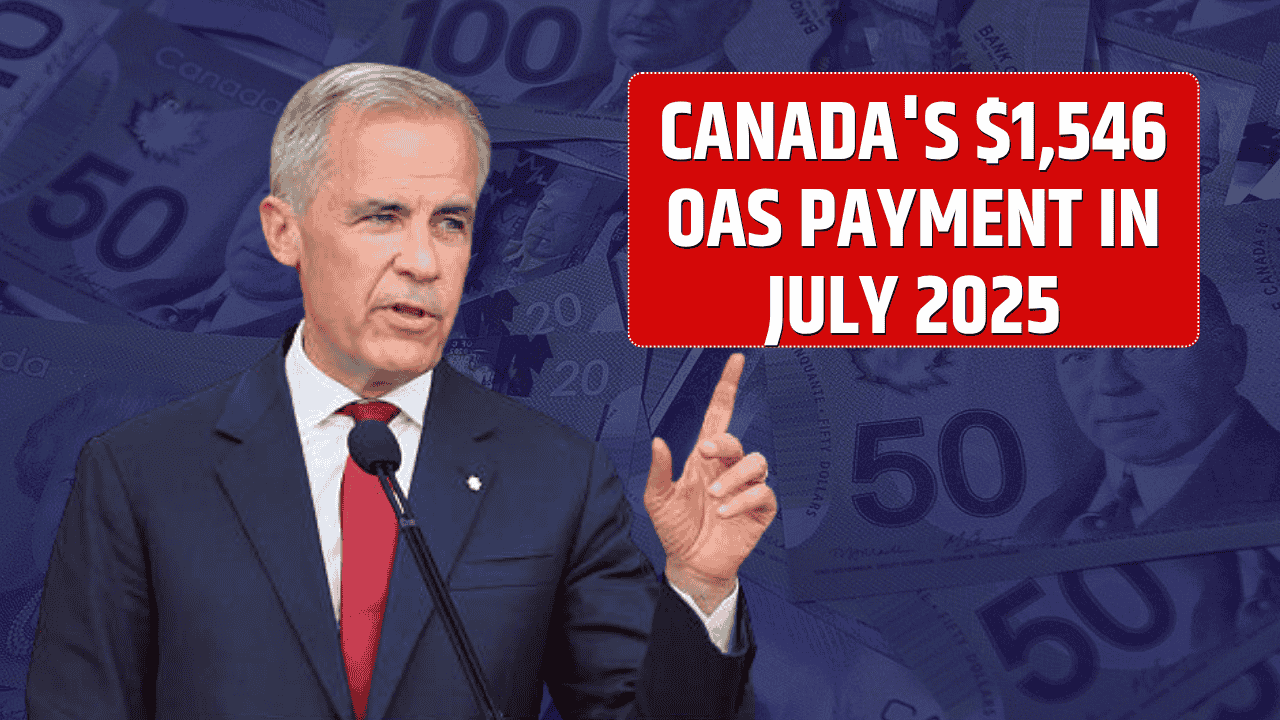The Office of Planning, Research and Evaluation (OPRE) is a cornerstone of evidence-based policymaking in the United States. Housed within the Administration for Children and Families (ACF) at the U.S. Department of Health and Human Services (HHS), OPRE serves as the federal government’s primary engine for evaluating and improving a wide array of human services programs.
From child welfare to economic mobility, OPRE’s work influences how federal dollars are spent and how programs serve millions of children and families. Here’s what you need to know about the office that helps ensure federal policy is guided by data, not guesswork.
Table of Contents
What Is OPRE?
The Office of Planning, Research and Evaluation is responsible for:
- Conducting rigorous evaluations of ACF programs
- Developing research and data tools to inform policymaking
- Promoting innovation and continuous improvement in service delivery
- Advancing equity and inclusion in federal evaluation
OPRE does not implement programs—it studies how they work, why they succeed or fail, and how they can be improved.
Key Areas of Research and Evaluation
OPRE oversees a vast portfolio of research across human services domains. These include:
| Program Area | Focus of Research |
|---|---|
| Child Welfare | Prevention of maltreatment, foster care outcomes |
| Early Childhood | Head Start, child care access, early learning environments |
| Economic Mobility | TANF, employment strategies, career pathways |
| Family Strengthening | Responsible fatherhood, healthy marriage, parenting |
| Youth Services | Workforce readiness, disconnected youth, education support |
Each research area is supported through a combination of surveys, evaluations, pilot studies, and data innovation projects.
How OPRE Works
1. Strategic Planning
OPRE aligns its research agenda with ACF’s strategic goals and federal priorities. It identifies research gaps, stakeholder needs, and emerging social challenges to shape future projects.
2. Contracting and Partnerships
Most OPRE research is conducted through competitive contracts and grants awarded to universities, research firms, and nonprofits. OPRE works closely with grantees to ensure studies are rigorous, ethical, and policy-relevant.
3. Evaluation and Innovation
OPRE uses a range of methods—RCTs, quasi-experimental designs, mixed methods, and implementation research—to produce high-quality evidence.
4. Dissemination and Technical Assistance
Through reports, briefs, webinars, and data tools, OPRE makes findings accessible to policymakers, researchers, and practitioners. It also supports technical assistance (TA) for program improvement and data use.
Signature Projects and Resources
OPRE manages several flagship projects and evaluation resources, including:
- FACES (Family and Child Experiences Survey) – National data on Head Start children and programs
- Pathways to Work Evidence Clearinghouse – Synthesizes employment program research for low-income populations
- Project IMPROVE – Helps agencies apply continuous quality improvement in service delivery
- TANF Data Innovation – Supports better use of TANF and administrative data across states
- OPRE Methods Meetings – Annual gathering of experts to advance evaluation methods and equity
These projects extend OPRE’s reach far beyond Washington, shaping research and practice at the state, local, and community levels.
A Commitment to Equity
OPRE is increasingly focused on equity-centered research, which involves:
- Engaging communities in study design
- Disaggregating data by race, ethnicity, and other key demographics
- Addressing structural barriers within human services
- Ensuring findings reflect diverse lived experiences
This commitment ensures federal research not only identifies what works, but for whom and under what conditions.
Why OPRE Matters
At a time when data is both abundant and contested, OPRE provides trusted, nonpartisan evidence that helps federal programs adapt, evolve, and improve. Whether assessing a new workforce program or evaluating early childhood education models, OPRE’s work informs:
- Policy decisions at every level of government
- Funding priorities and reauthorization debates
- Program redesign and innovation across the U.S.
By investing in research that’s timely, inclusive, and actionable, OPRE ensures that federal investments lead to meaningful results for families and communities.
FAQs
Is OPRE a policymaking agency?
No. OPRE supports evidence-building but does not write or implement policy directly.
Can I access OPRE’s research?
Yes. Most reports, datasets, and tools are free and available at acf.hhs.gov/opre.
Who conducts OPRE’s research?
External researchers, universities, and firms conduct studies through contracts or cooperative agreements.
Is OPRE involved in local program evaluation?
Yes. OPRE often works with state and local agencies through technical assistance and pilot evaluations.


























